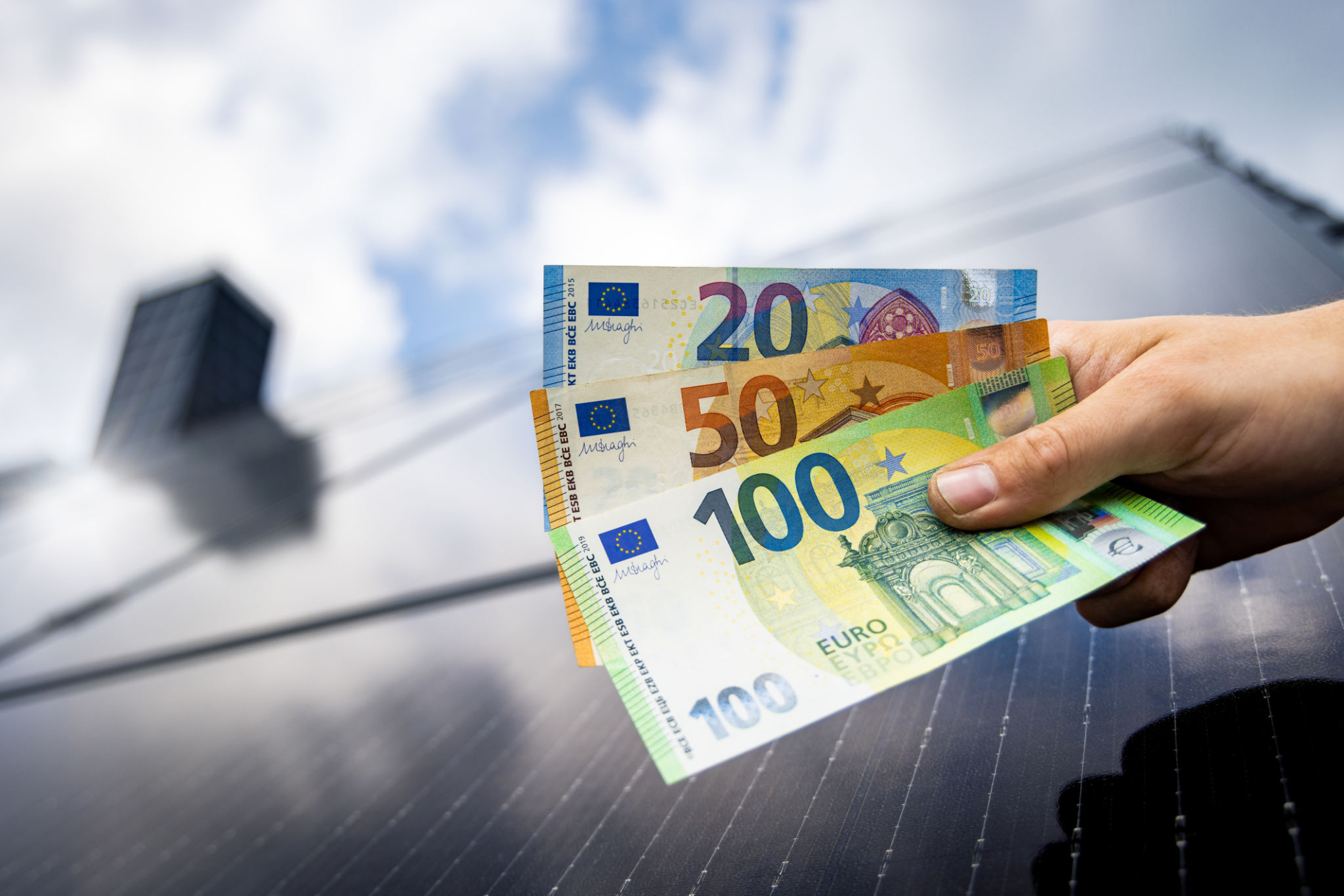Common Myths About Solar Energy Debunked
Understanding Solar Energy Myths
Solar energy has become an increasingly popular alternative to fossil fuels, yet several myths persist that can cloud public perception. It's time to shed light on these misconceptions and provide clarity on what solar energy truly offers.
Many individuals believe that solar panels are only effective in sunny climates. However, solar technology has advanced significantly, allowing panels to harness energy even in cloudy or overcast conditions. The efficiency of solar panels is not solely dependent on direct sunlight; they can still generate electricity from indirect sunlight, making them a viable option in various climates.

Myth: Solar Panels Are Too Expensive
Another common misconception is that solar panels are prohibitively expensive for the average homeowner. While the initial investment can be significant, it's important to consider the long-term savings and incentives available. Many governments offer tax credits, rebates, and financing options that make solar energy more accessible.
Moreover, the cost of solar panels has decreased dramatically over the past decade. Advances in technology and increased production have driven prices down, making solar energy a more affordable option for many households.

The Reality of Energy Savings
Homeowners who switch to solar energy can often see a substantial reduction in their electricity bills. Depending on the size of the system and local energy rates, some households may even eliminate their electricity bill entirely. Over time, these savings can offset the initial installation costs and provide financial benefits.
Myth: Solar Panels Require Too Much Maintenance
A prevalent myth is that solar panels require excessive maintenance to function effectively. In reality, solar panels are designed to be low-maintenance. Most systems require minimal upkeep, often limited to periodic cleaning and occasional checks by professionals to ensure optimal performance.
Solar panels have no moving parts, which reduces the likelihood of mechanical failure. With a lifespan of 25-30 years, they are a long-term investment that demands minimal attention while offering reliable energy production.

Environmental Impact Considerations
Some people express concerns about the environmental impact of manufacturing and disposing of solar panels. While it's true that the production process does involve energy use, the overall environmental benefits far outweigh the initial impact. Solar energy contributes significantly to reducing greenhouse gas emissions and reliance on non-renewable resources.
Myth: Solar Energy Isn't Efficient
The notion that solar energy isn't efficient enough to meet household needs is another misconception. Modern solar panels have become highly efficient at converting sunlight into electricity. Technological advancements continue to improve efficiency rates, making solar power a viable solution for both residential and commercial applications.
Additionally, combining solar power with battery storage systems allows users to store excess energy for use during nighttime or cloudy periods, further enhancing the system's efficiency and reliability.

The Future of Solar Energy
As awareness grows and technology advances, the potential for solar energy continues to expand. By debunking these common myths, more people can make informed decisions about integrating solar power into their lives, contributing to a cleaner and more sustainable future.
Understanding the realities of solar energy empowers individuals to take advantage of this renewable resource, helping to reduce carbon footprints and promote environmental stewardship for generations to come.
